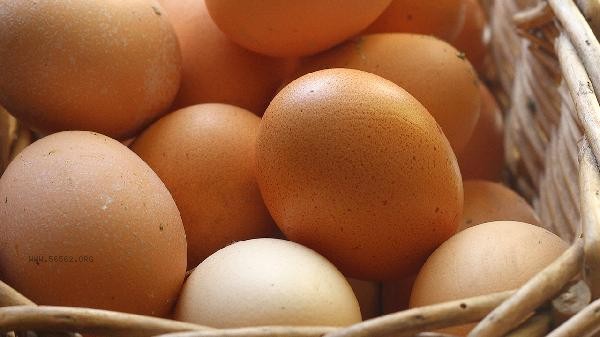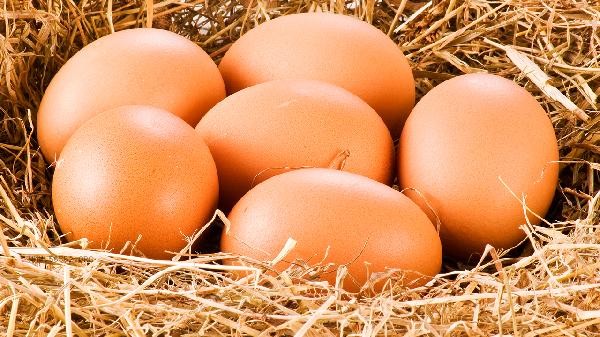Eggs are easier to peel off after being boiled hot mainly because the adhesion between the protein and the inner membrane of the eggshell decreases. The difficulty of peeling boiled eggs is mainly influenced by factors such as temperature changes, egg age, cooling methods, eggshell structure, and acidity or alkalinity.

1. Temperature change
During the heating process, steam pressure is generated inside the egg, creating tiny gaps between the protein and the inner membrane of the eggshell. When an egg suddenly encounters cold, the degree of protein contraction is greater than that of the eggshell, and a separation layer appears between the two. The protein pH value of fresh eggs is relatively low, and the increase in acidity and alkalinity after heating weakens the binding force between the protein and the membrane.
2. Egg Age
Eggs stored for a longer period of time have an enlarged internal chamber, and the release of carbonation gas leads to an increase in protein alkalinity. This biochemical change breaks the adhesive bond between egg white protein and the inner membrane of the shell, making it easier to separate after cooking. Experiments have shown that eggs that have been refrigerated for a week have a higher success rate in cracking compared to fresh eggs.
3. Cooling method
Rapid cooling can enhance the separation effect between protein and eggshell. Immediately pour the boiled egg into ice water, causing the outer layer of protein to contract rapidly and detach from the inner layer of the shell. When slowly cooled, the protein maintains its viscoelasticity and easily adheres to eggshell fragments. The best effect is to control the cooling time within 5 minutes.

4. Eggshell Structure
There are thousands of pores on the surface of eggshells, through which water evaporates when heated. Eggshells with evenly distributed stomata receive more uniform heating and achieve more thorough separation between the inner and outer membranes. Uneven thickness of eggshells may lead to local adhesion, and protein fragments may be easily removed during shell peeling.
5. pH
Fresh egg protein is weakly alkaline, and the pH value will rise to around 9 during heating. This change alters the charge distribution of ovomucin and reduces its ability to bind calcium ions to the inner membrane of the shell. Adding baking soda to cook eggs can accelerate this acid-base reaction, but excessive amounts can cause the egg whites to turn green.

It is recommended to boil eggs that have been stored for 3-5 days. After boiling, keep them on medium heat for 8-10 minutes and immediately rinse with running cold water for 2 minutes. When peeling, start from the air chamber end and gently tap and roll to evenly distribute the cracks. If you pursue a perfect peeling effect, you can add a small amount of white vinegar to the water to help dissolve the inner layer of the shell. Pay attention to controlling the cooking time to avoid excessive heating, otherwise a gray green layer of ferrous sulfide will form on the surface of the egg yolk.








Comments (0)
Leave a Comment
No comments yet
Be the first to share your thoughts!